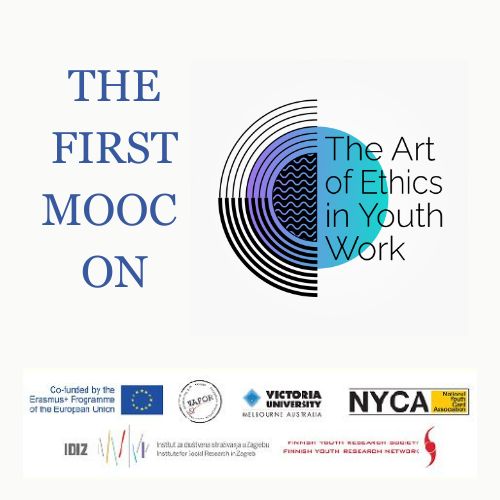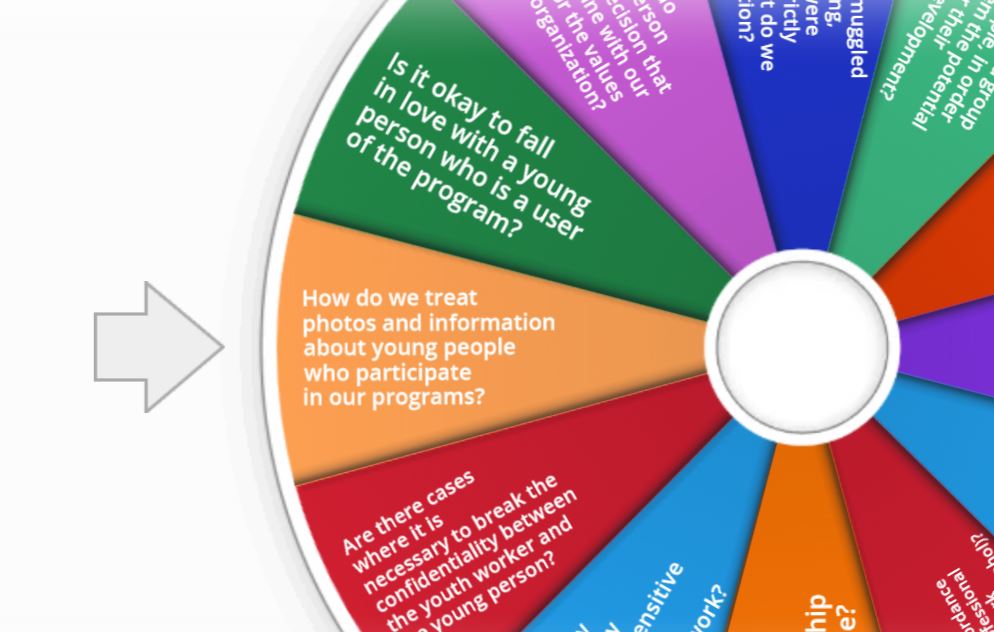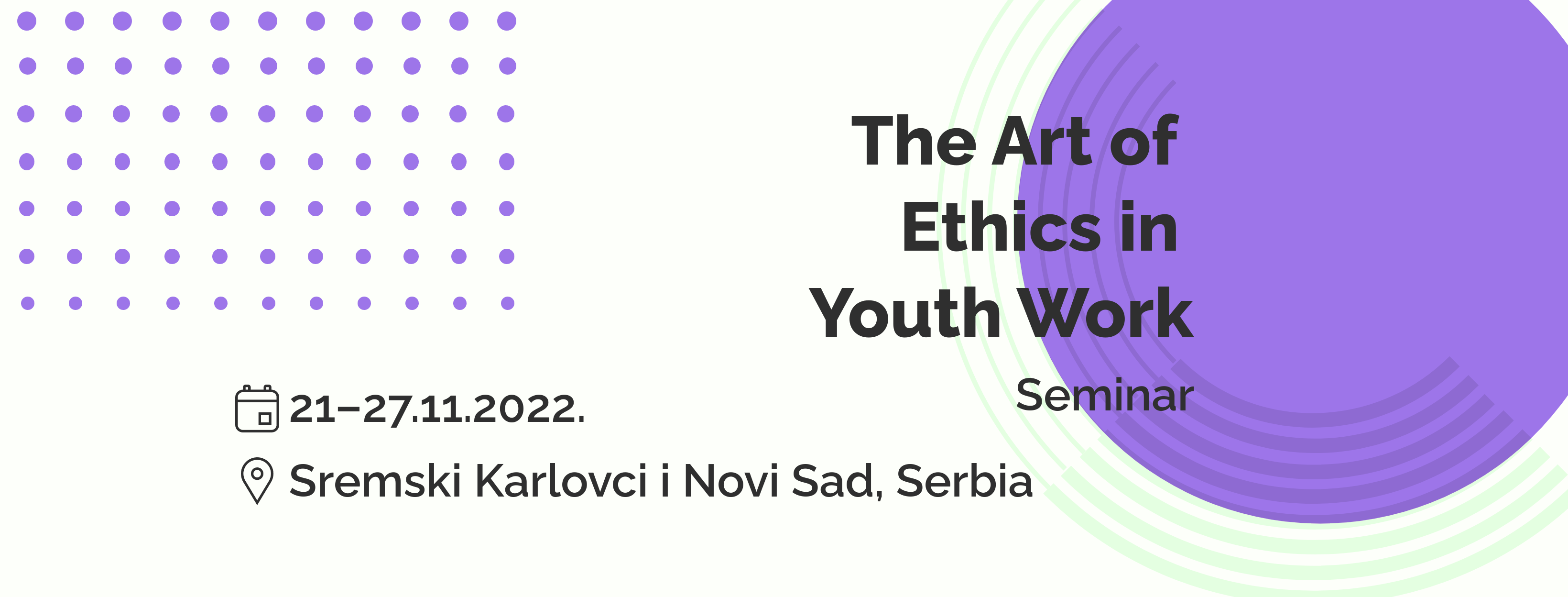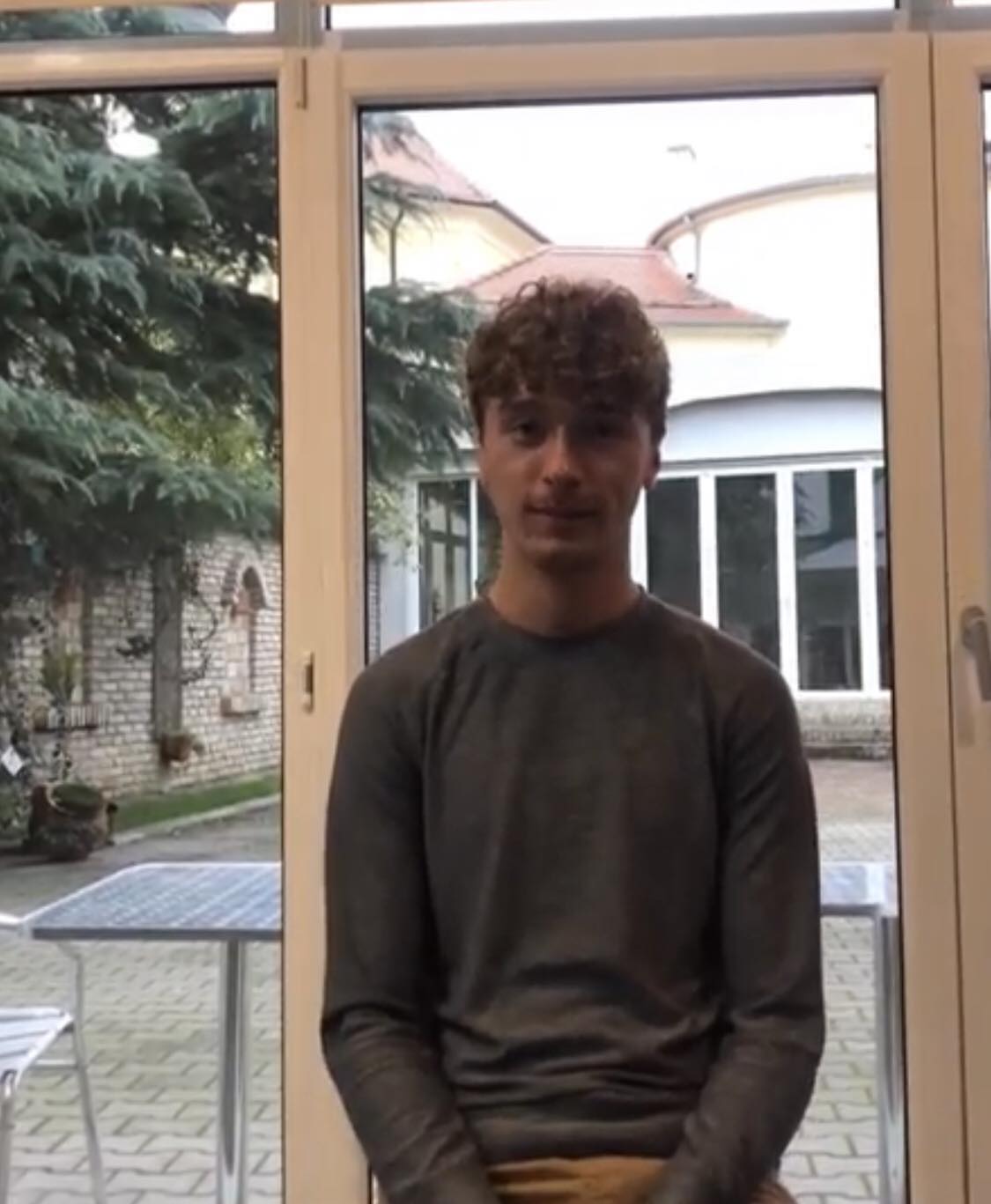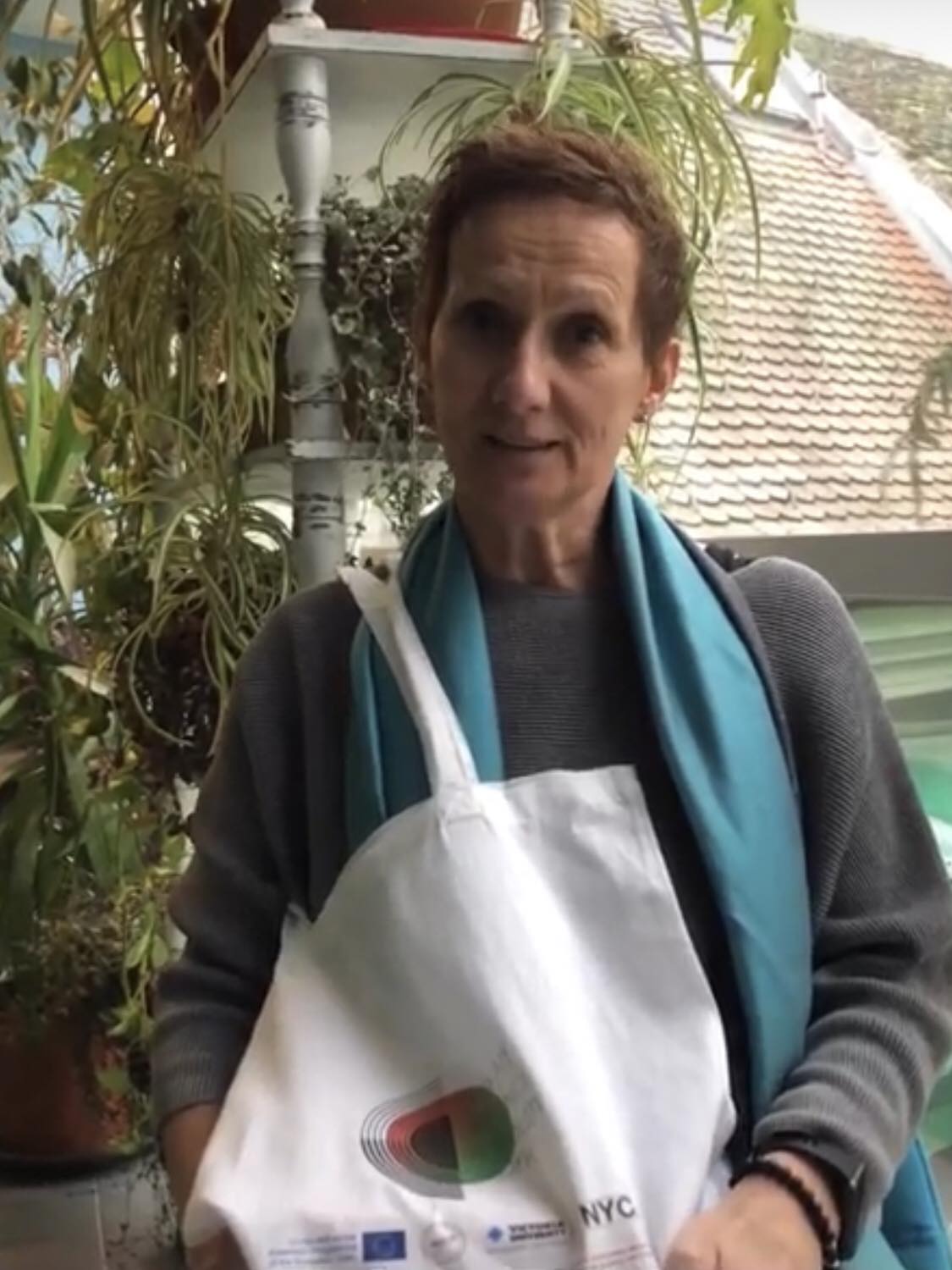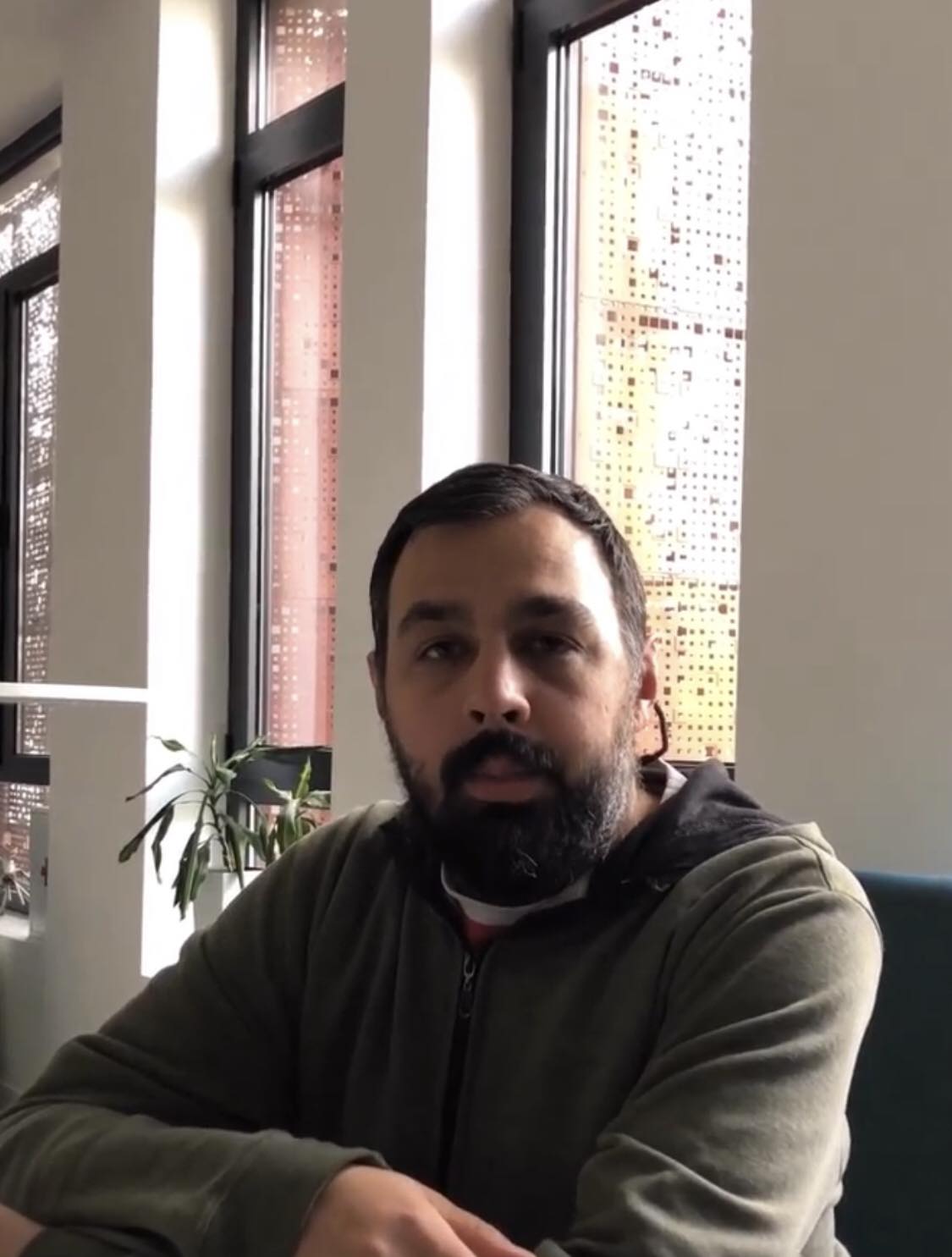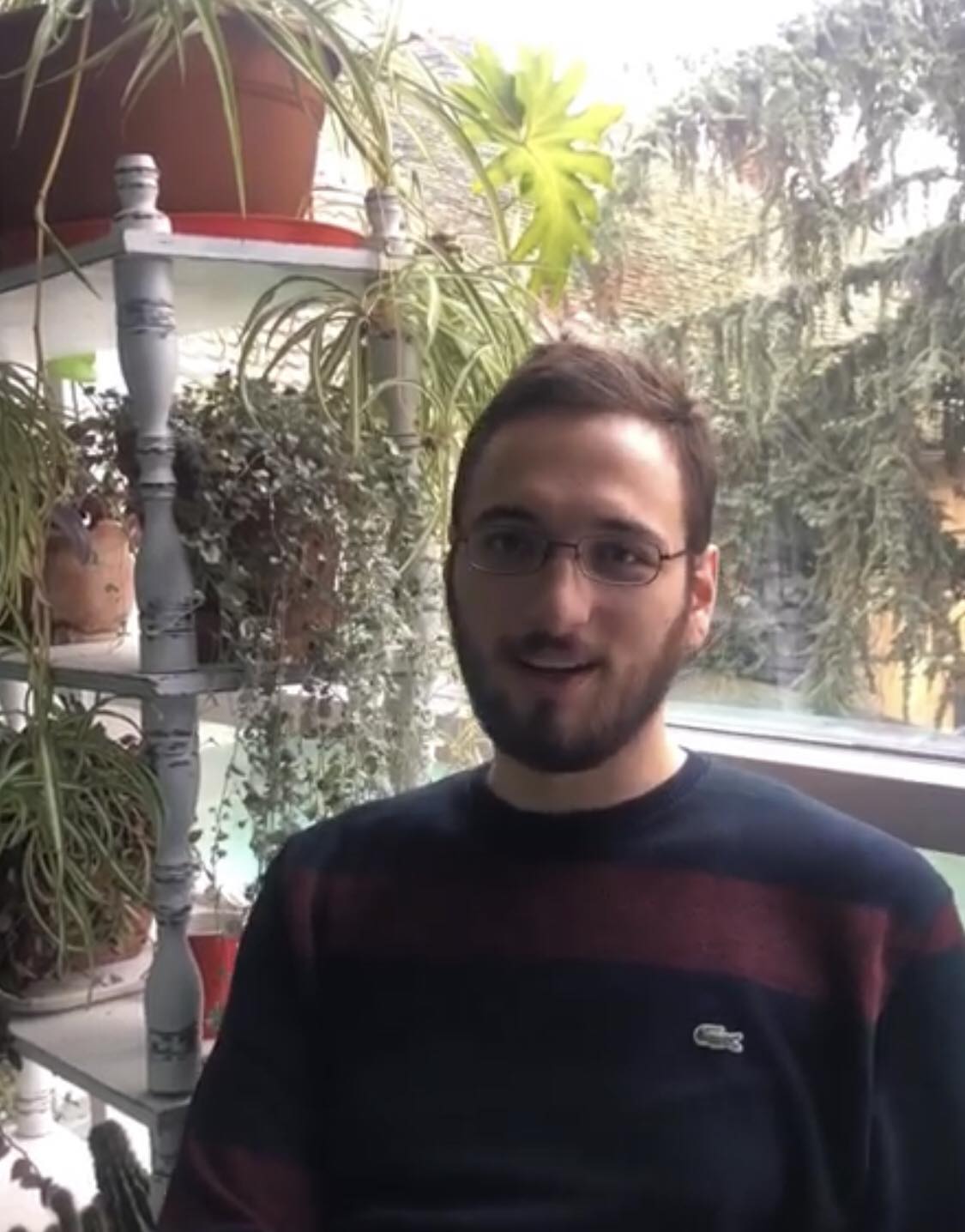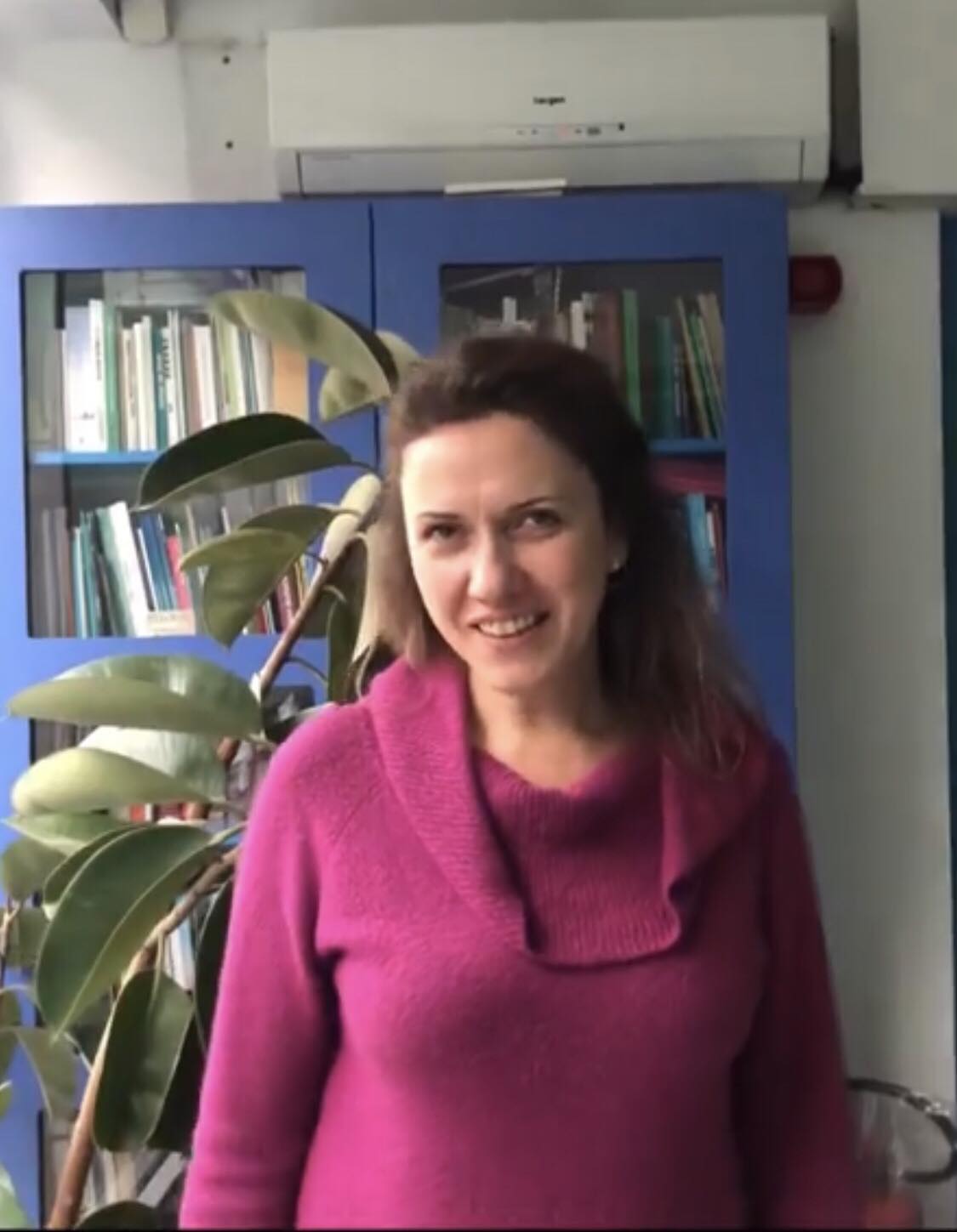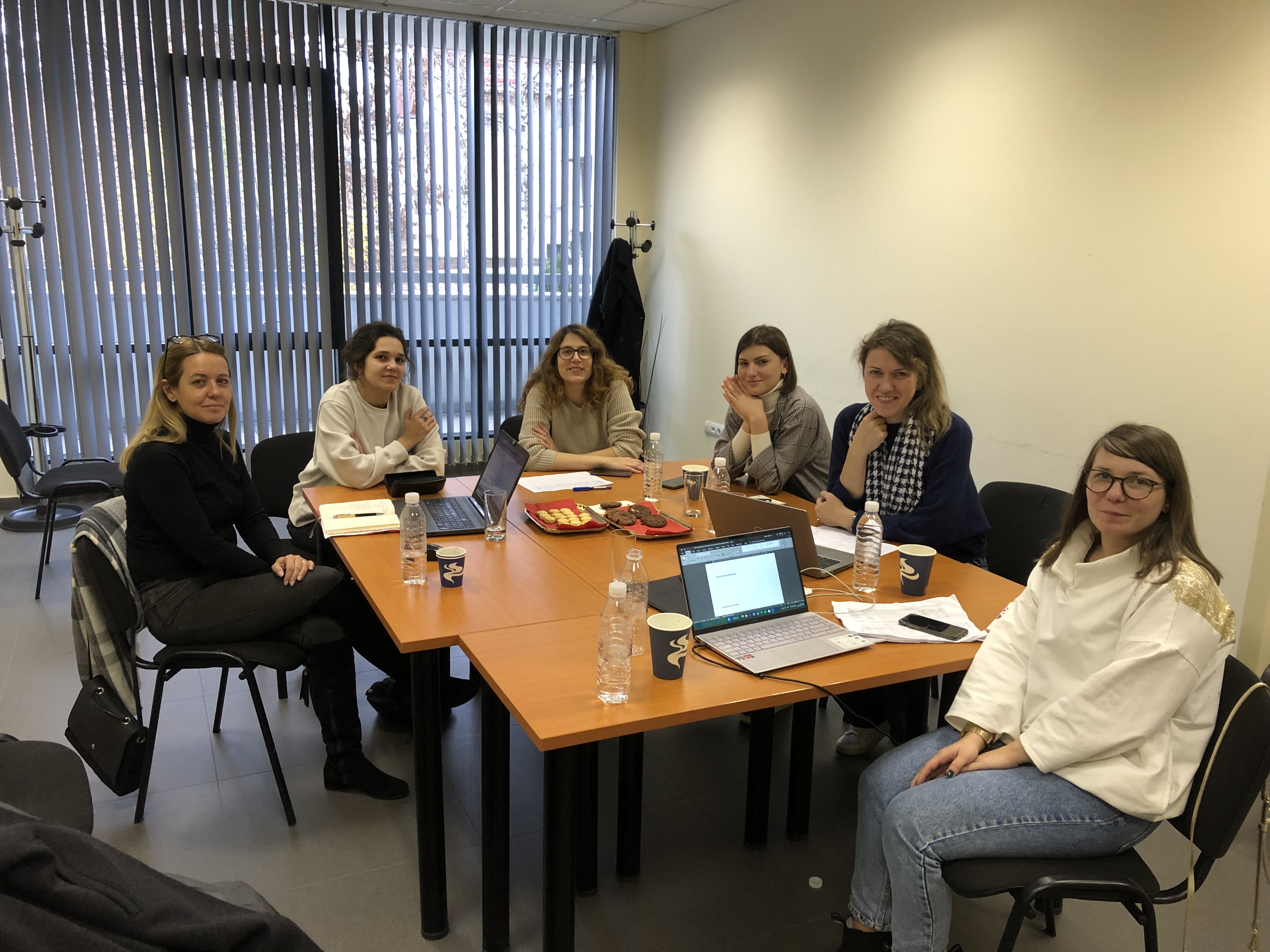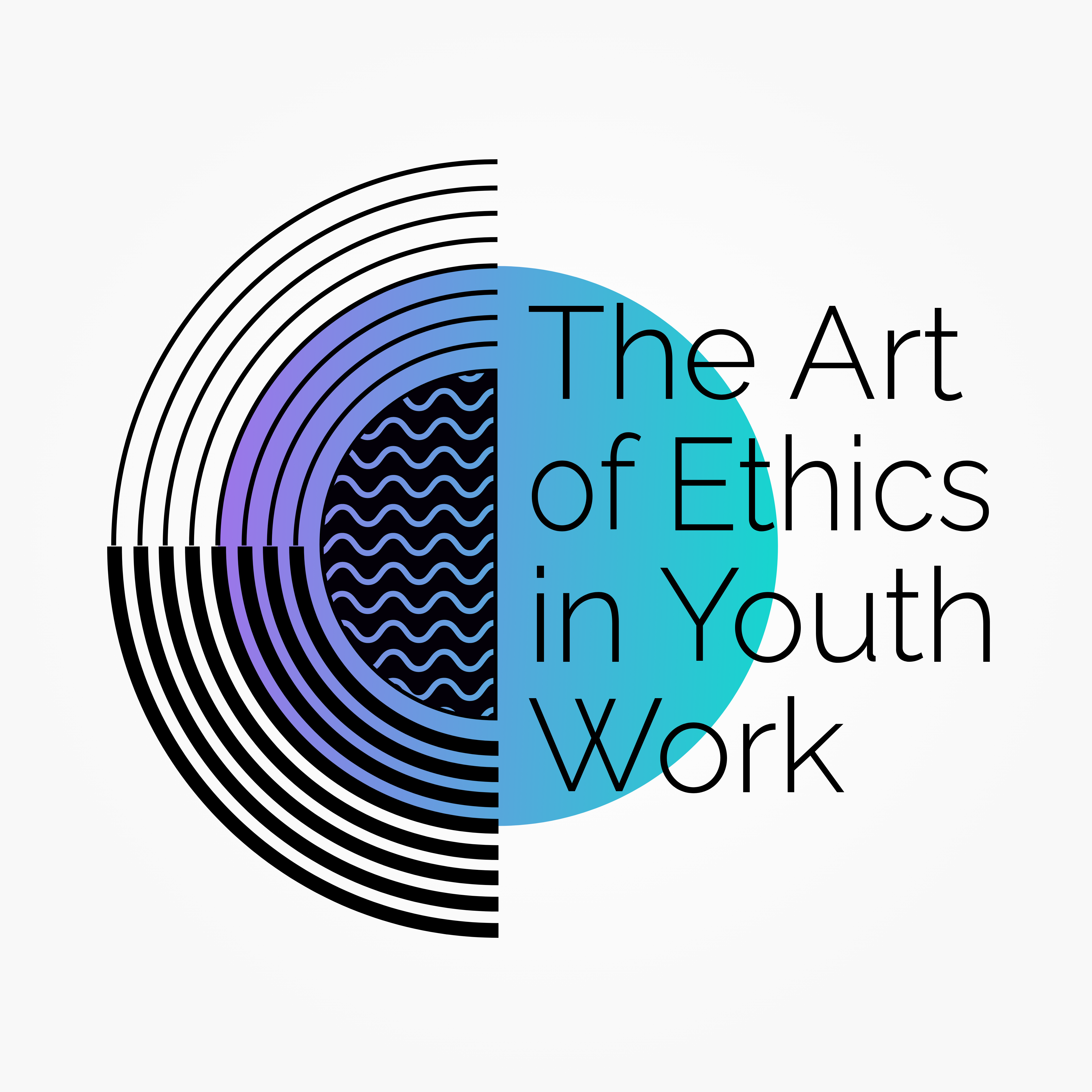

“The Art of Ethics in Youth Work” is joint project implemented by NAPOR (Serbia), Finnish Youth Research Society - FYRN (Finland), Victoria University, (Australia), Institute for Social Research in Zagreb (Croatia), European Youth Card Association (Bulgaria) and co-funded by European Commission through the Erasmus+ Programme, KA2 – Capacity building in youth field.
The project aims to improve the quality and recognition of youth work through advancing ethical frameworks on policy and practical level, in Europe and beyond.
Specific objectives:
- To raise awareness of youth workers and policy makers on importance of ethics for recognition of youth work.
- To explore benefits and limitations of existing policies and supporting mechanisms in the context of ethics in youth work in Europe and beyond through evidence-based data.
- To build capacities of youth workers by increasing competences for moral and critical reasoning.
- To increase quality of youth work by introducing innovative supporting methods and tools related to ethics in youth work.
- Creating synergies among European and partner countries through exchange of practice and establishing cooperation in the field of youth work.
The project started in December 2019 and therefore it is not surprising that during the 3 years there have been numerous online meetings of the partners.
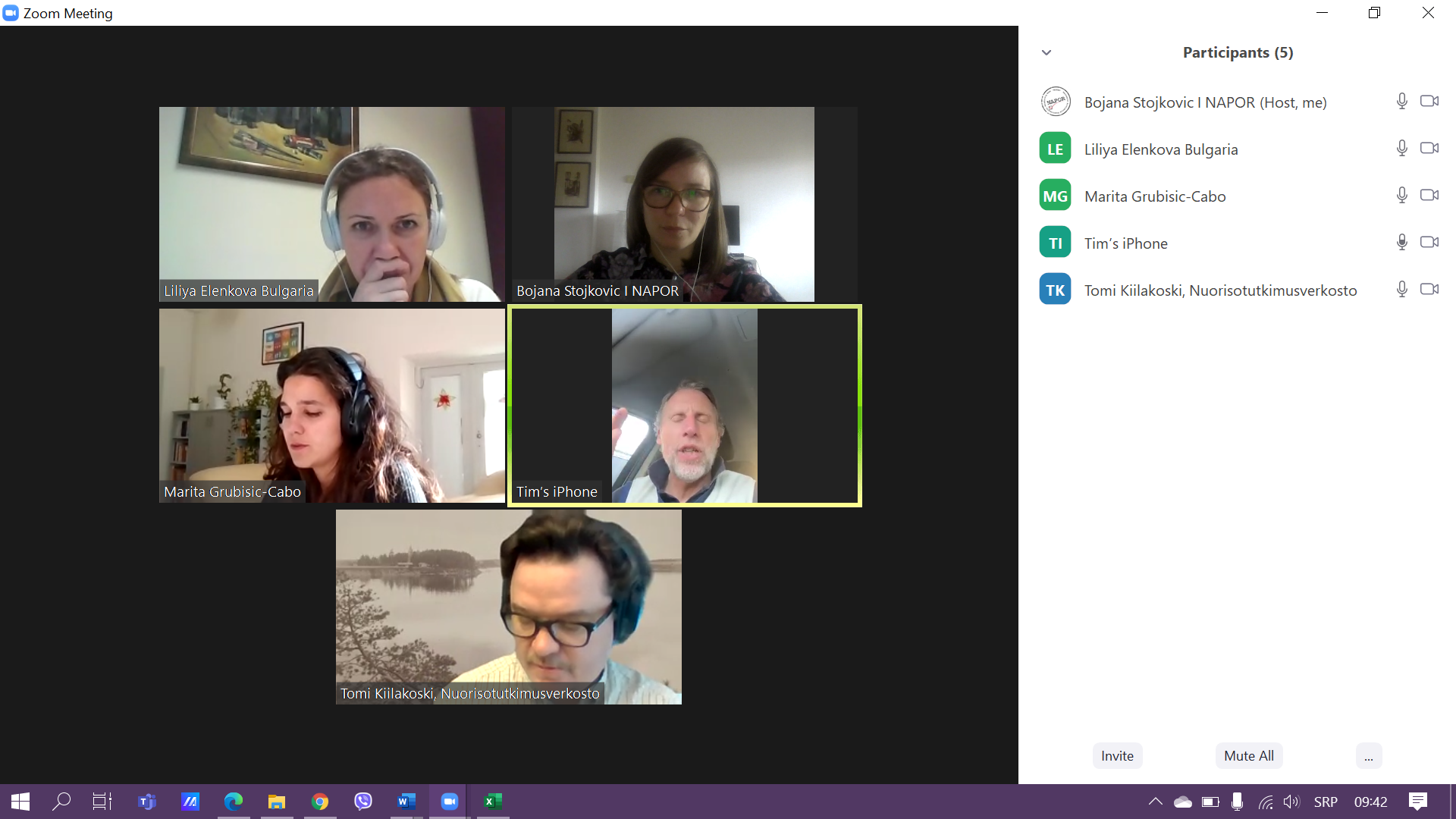
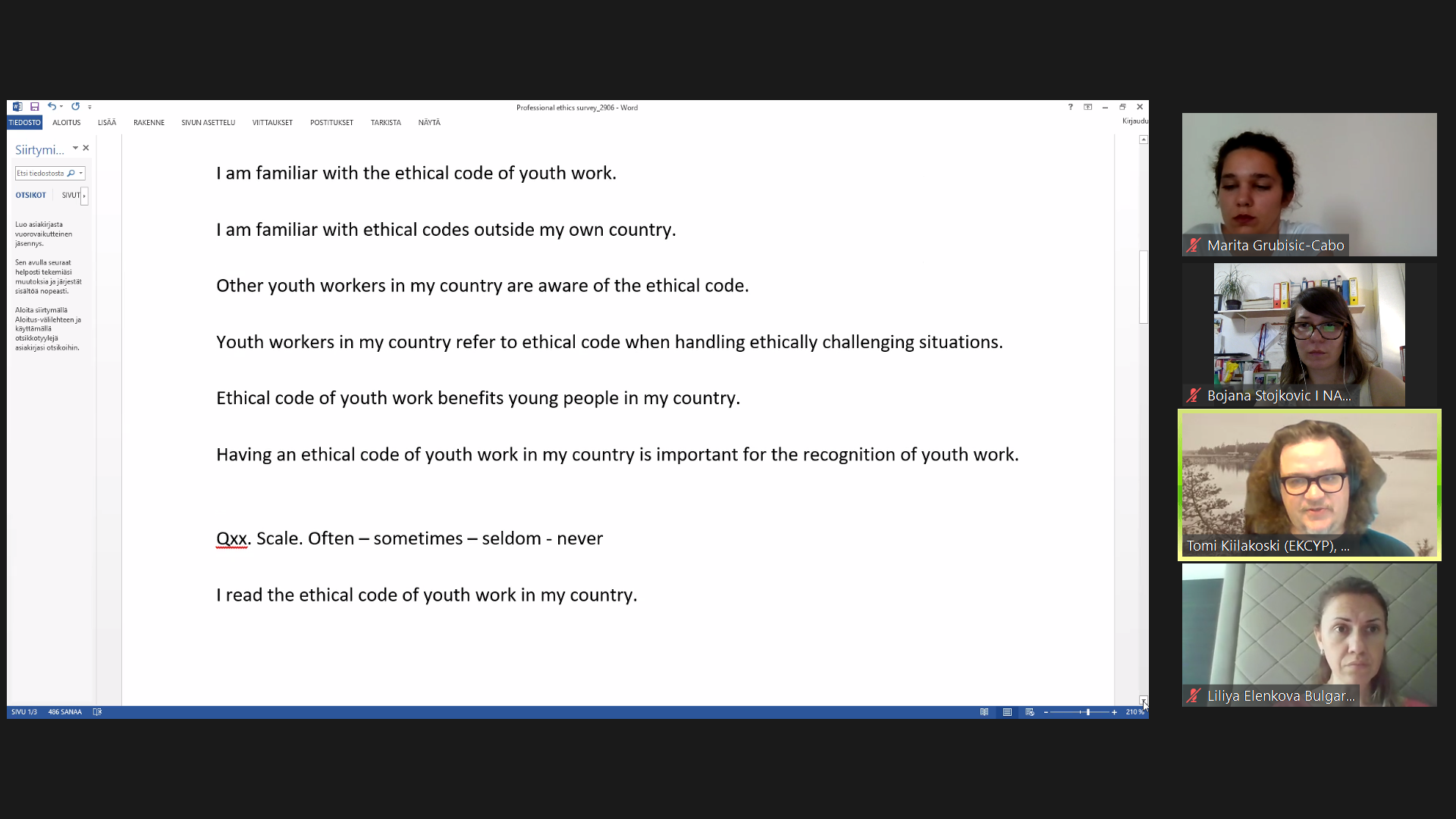
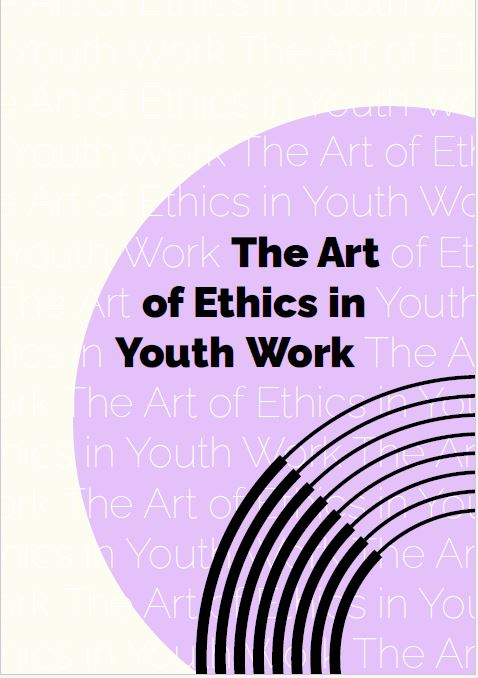 |
Research paper "The art of ethics in youth work" lays the foundation for an in-depth exploration of the ethical dimensions, gives valuable insight of different modalities of ethical codes of conduct in youth work and explores how ethics influence the recognition of youth work. The research is conducted in 2021, by Slađana Petković, senior researcher and PEYR member. |
Second research paper - "A strong statement on what a youth worker should or should not do" is exploring the practice and how youth workers perceive ethics in youth work. It was conducted in 2022 by Tomi Kiilakoski, leading senior researcher and based on youth workers' contributions from Serbia, Australia, Croatia, Finland, and Bulgaria. |
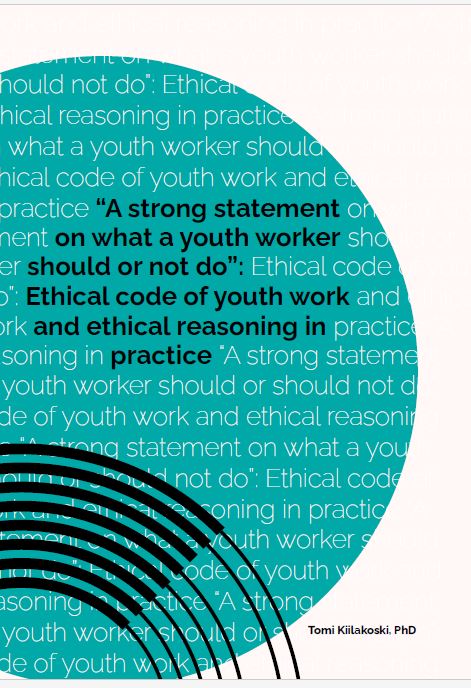 |
Development of Formal education curricula was led by Ivan Cerovac from the University of Rijeka. The curricula feature course description, learning aims and outcomes, content, teaching methods, student performance evaluation criteria and literature.The curricula were tested in the course ‘Odgoj i obrazovanje za civilno društvo’ (Education and Training for Civil Society) with pedagogy students. Testing included 16 hours of theoretical inputs, guest lectures, workshops, debates and practical examples, followed with the evaluation of the course. |
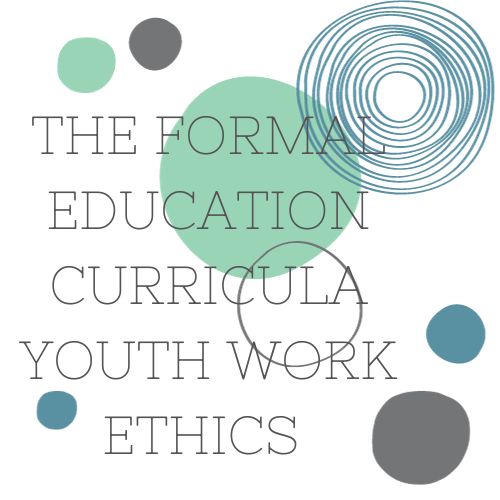 |
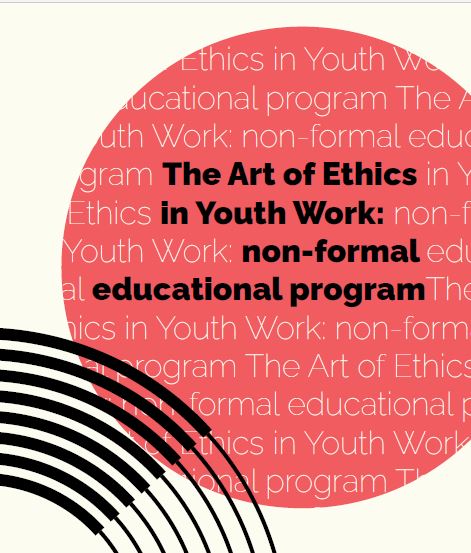 |
Non formal educational program was developed during the project and gives different modalities for education of youth workers and people working with youth in the field of ethics in youth work. The authors of the document are Valentina Gambiroža Staković, Darija Jeger and Branimira Penić. |
MOOC on Art of Ethics in Youth Work was opened from mid-September to the end of October 2022.106 participants from various European countries actively participated in these V modules on following topics:1) Youth work around Europe;2) Moral and Ethics in youth work & Critical thinking and youth work;3) Ethical standards and Codes of conduct4) Supporting mechanisms;5) Challenging situations and dilemmas related to ethical practice in youth work. |
|
|
|
If you are not sure what the answer to these questions is, stay tuned because we plan to repeat this course next year!
If you prefer to go through it on your own OR you want to run the course on ethics in youth work, check out detailed description of sessions and materials we have used in this MOOC! |
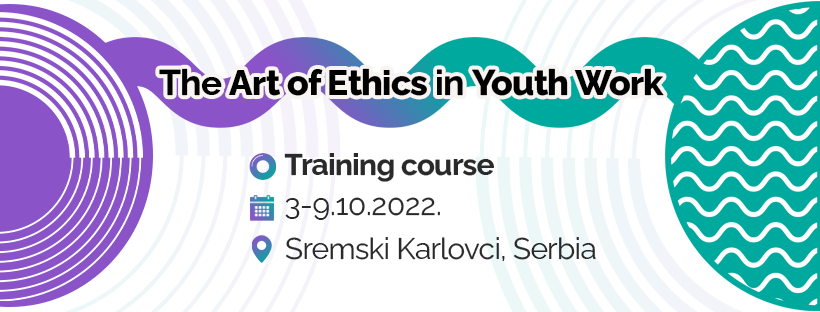 |
||
 |
 |
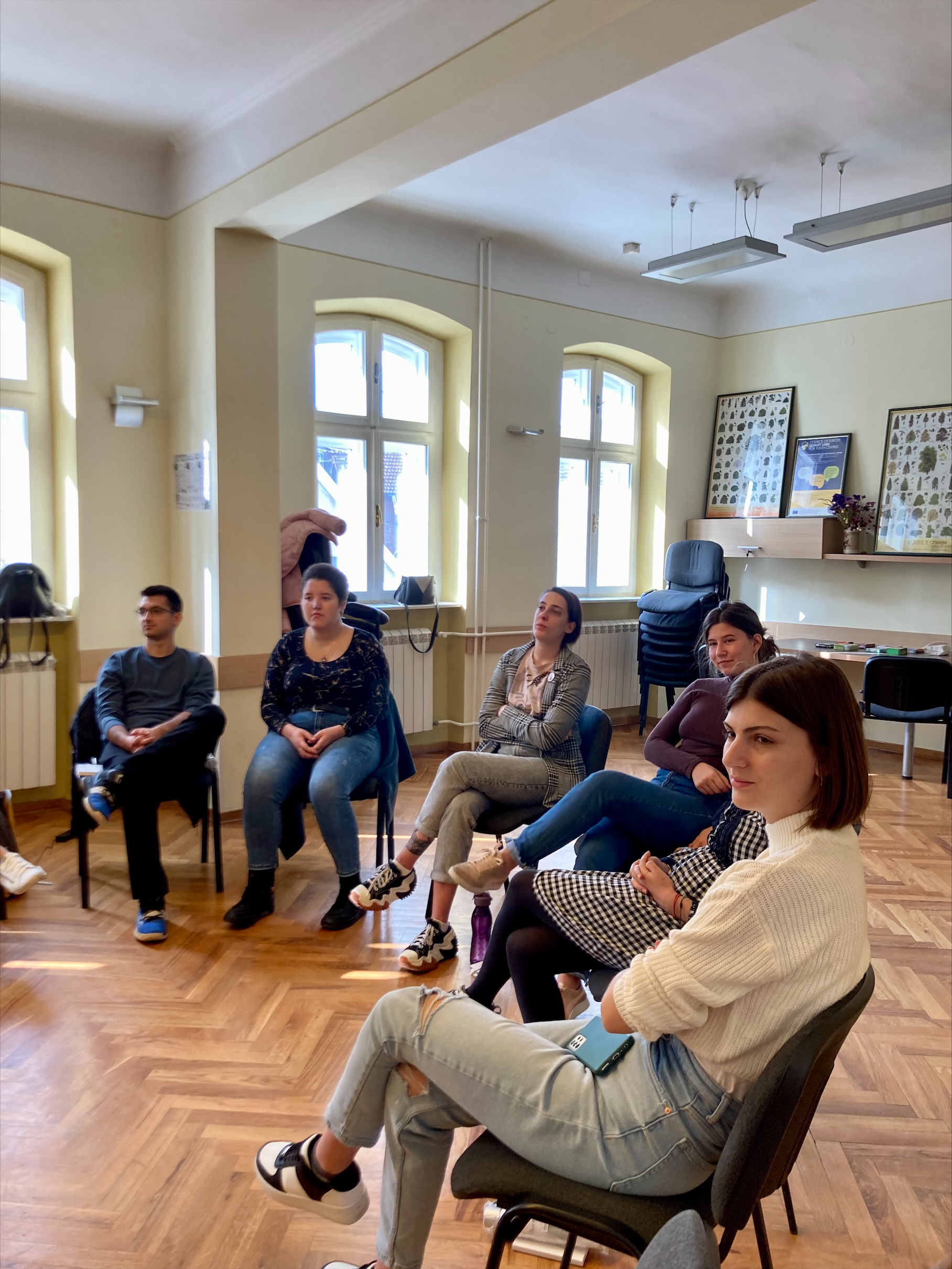 |
|
Training course was organized from 3-9.10.2022. in Sremski Karlovci. Participants had the opportunity to explore ethics and learn more about the practice. The training was place to test non-formal curricula and to equip participants for their future work with young people. Details are given in the Report and evaluation document. |
|
The seminar brought together 31 participants from youth work, research and academia. Through five days of lectures and panels followed by constructive discussions, workshops and field visits, ethics related to various topics - from recognition and professionalism of youth work to digitalization, parenting, LGBT+ youth and support structures. Check out short videos capturing the impressions of our participants on each day of the seminar.
|
|
"Code of Ethics, procedures, inspiration." - Lilya Elenkova
|
WEB conference was organised in December 2022 as the final event of the project, aiming to present all produced research papers, curriculums and teaching materials related to the ethics in youth work. It brought together 83 participants from the fields of research, youth work and academia. There was positive feedback regarding the project's role in elevating the importance of ethics in the youth work sector. The project's Curricula’s, research papers and identified research gaps were highlighted as valuable contributions to future endeavors in the field.
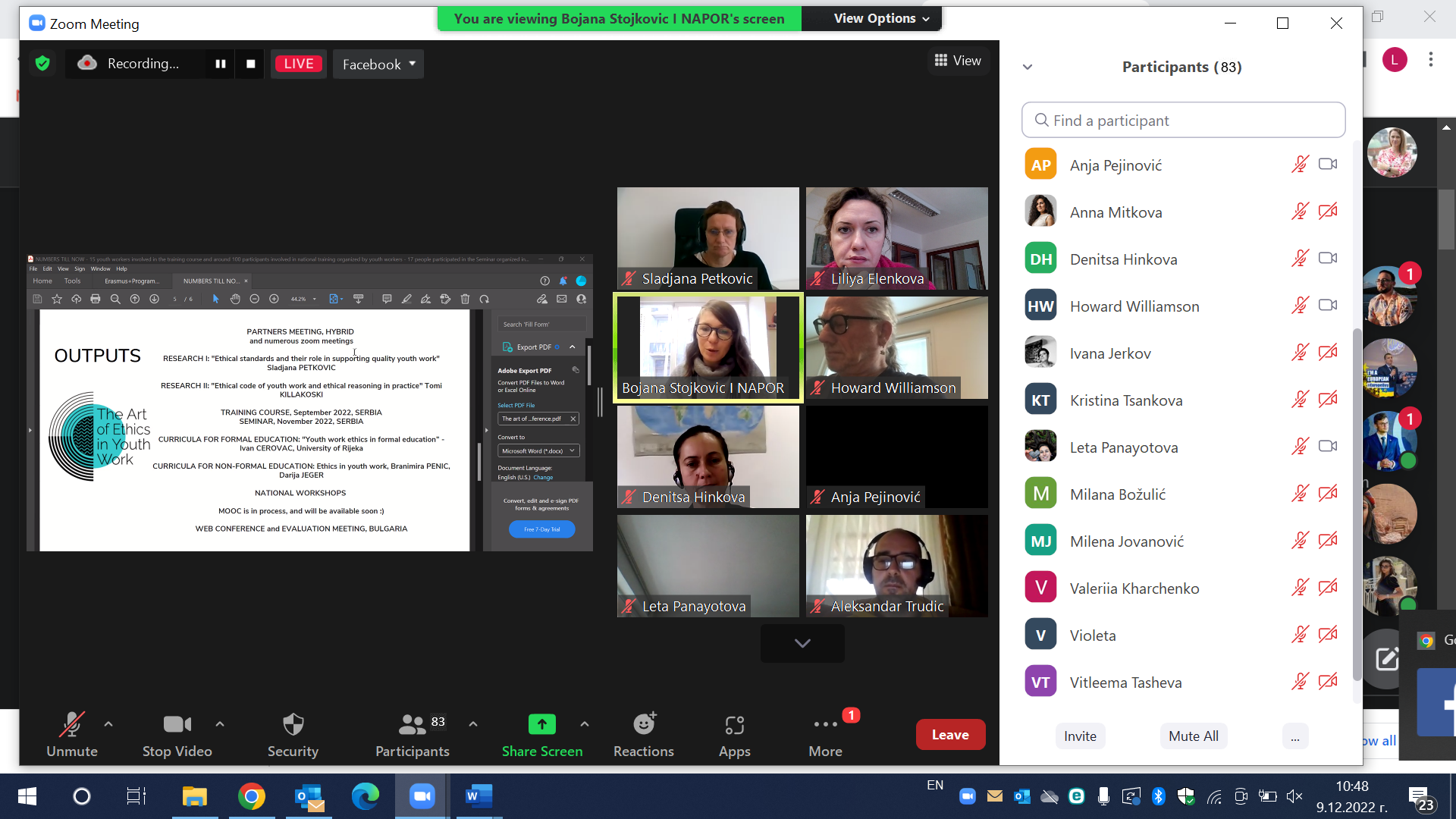
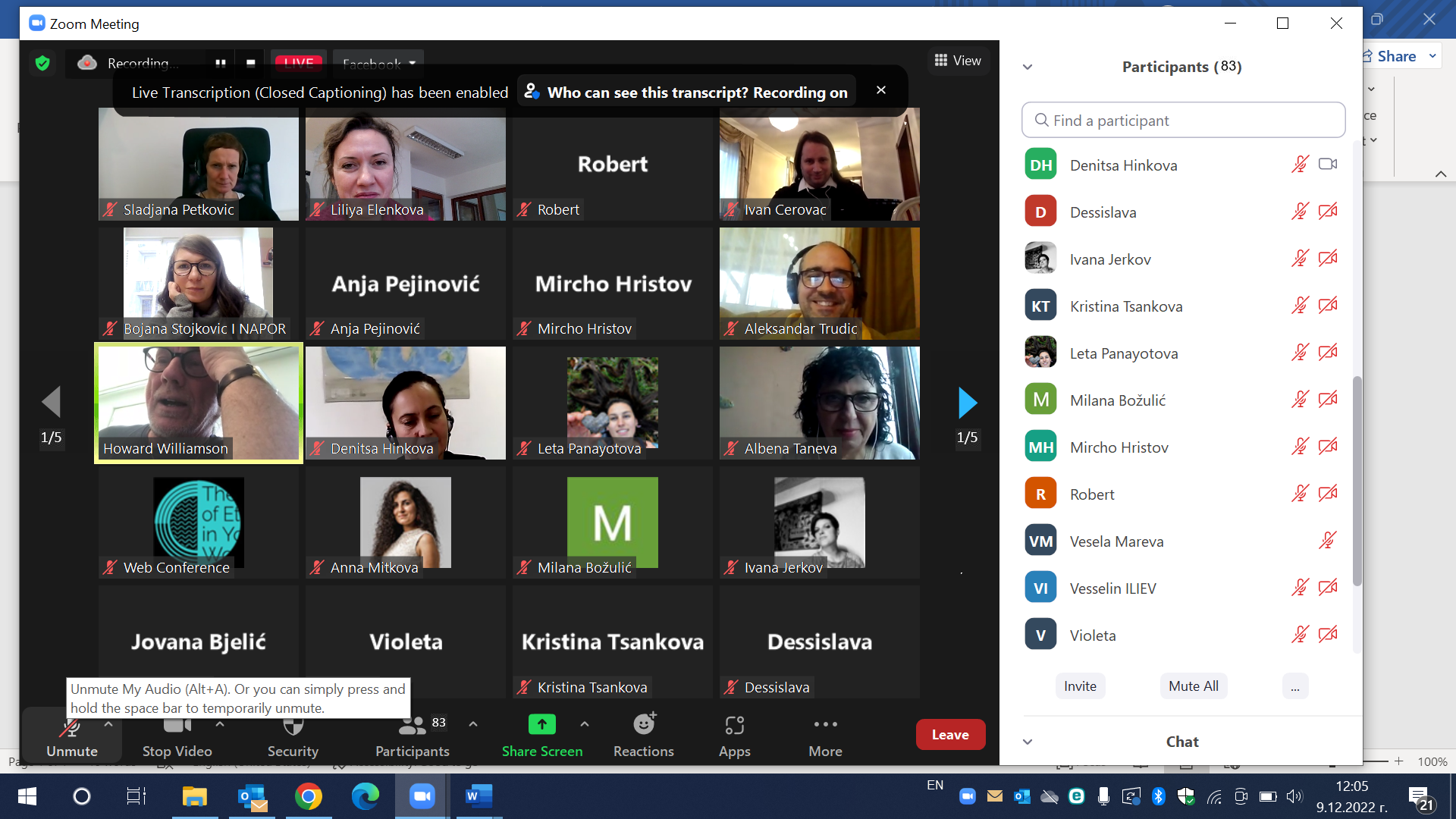
Evaluation meeting of partners
|
|
The partner evaluation meeting was held in December 2022 in Sofia, Bulgaria. The closing of the three-year project was dedicated to the evaluation of final results and partnership, as well as future planning regarding new ventures in the field of ethics in youth work.
|
|



